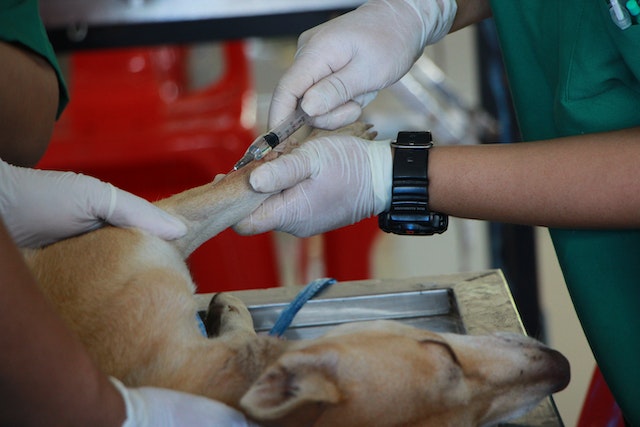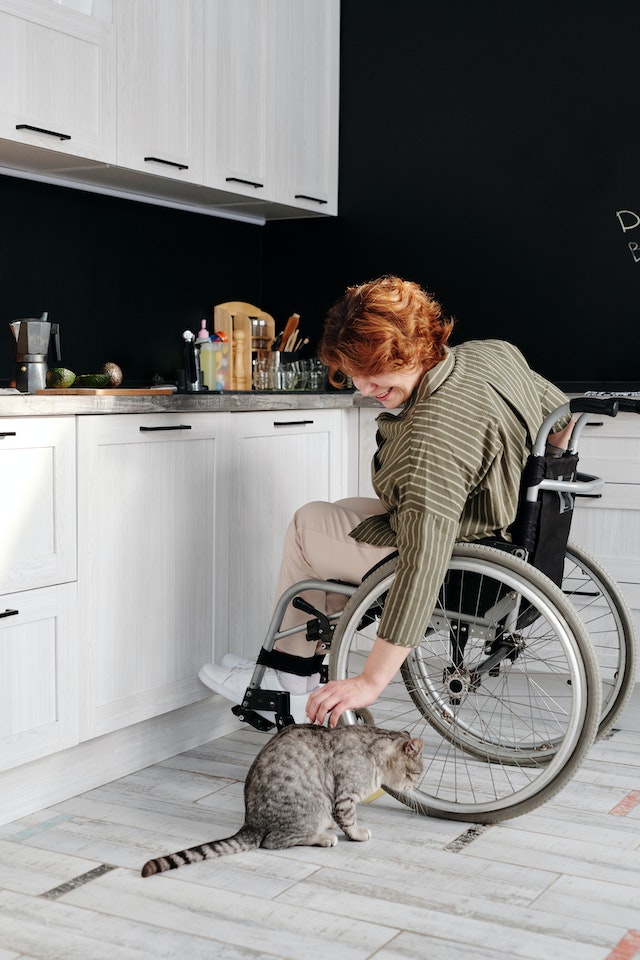If your furry friend is suffering from allergies, it’s important to take steps to manage their condition and provide relief. Here are some strategies to help you manage allergies in your dog:
- Visit the Veterinarian: If you suspect your dog has allergies, the first step is to consult with a veterinarian. They can properly diagnose the allergy and determine the best course of treatment. Your vet may recommend allergy testing to identify specific allergens affecting your dog.
- Allergen Avoidance: Once you know the allergens that trigger your dog’s allergies, try to minimize their exposure. For example, if your dog is allergic to pollen, keep them indoors during peak pollen seasons. Regular cleaning of your home, including vacuuming and dusting, can help reduce environmental allergens.
- Special Diet: If your dog has food allergies, your vet may suggest a special diet. This may involve switching to a hypoallergenic dog food that contains novel proteins or limited ingredients. It’s crucial to strictly follow your vet’s recommendations and avoid giving your dog any foods that trigger their allergies.
- Medications: Depending on the severity of your dog’s allergies, your vet may prescribe medications to alleviate their symptoms. These may include antihistamines to reduce itching, corticosteroids to reduce inflammation, or immunotherapy (allergy shots) to desensitize your dog’s immune system to specific allergens.
- Topical Treatments: For dogs with skin allergies, your vet may recommend topical treatments, such as medicated shampoos or sprays, to soothe their skin and reduce itching. These products can help alleviate symptoms and improve the overall condition of their skin.
- Flea Control: If your dog is allergic to flea bites, it’s crucial to maintain effective flea control. Regularly use flea preventives recommended by your vet to prevent flea infestations and minimize your dog’s exposure to fleas.
- Regular Bathing: Bathing your dog regularly can help remove allergens from their skin and coat. Use a gentle, hypoallergenic shampoo recommended by your vet. Be careful not to over-bathe your dog, as excessive bathing can dry out their skin and worsen the condition.
- Environmental Modifications: Consider making modifications to your home environment to reduce allergens. This may include using air purifiers to filter out airborne allergens, washing your dog’s bedding regularly, and avoiding the use of harsh cleaning products or sprays that may irritate your dog’s allergies.
- Monitor and Document: Keep a record of your dog’s allergy symptoms, triggers, and any changes you make to their environment or diet. This documentation can help you and your vet identify patterns and make necessary adjustments to their treatment plan.
Remember, managing allergies in your furry friend may require a combination of approaches tailored to their specific needs. Regular communication and follow-up with your veterinarian are essential to ensure the most effective management of your dog’s allergies. With proper care and attention, you can help your furry friend lead a more comfortable and allergy-free life.










